A proposed US$750 million smart water meter project has ignited a fierce debate among Harare city councillors, with growing concerns over its funding, potential impact on residents, and the transparency of the initiative. The proposal, which forms part of the city's 2026-30 Water, Sanitation, and Hygiene (WASH) modernisation strategy, was unveiled during the presentation of Harare's 2026 budget last week.
Councillor Costa Mande, the chairperson of the finance committee, presented the initiative as part of a public-private partnership aimed at modernising the city's water system and ensuring financial sustainability. According to Mande, the smart water meters will allow households to monitor their water usage in real time, reducing reliance on estimates, and creating a pay-as-you-use system that promotes transparency, equity, and conservation.
"The project aligns with Vision 2030 and will promote financial sustainability and improved customer service," Mande explained during the budget presentation. "This model ensures predictable revenue streams for the city while encouraging more responsible water usage and helping reduce wastage."
However, the proposed plan has sparked widespread concerns among several councillors who are questioning how the hefty US$750 million price tag will be funded and whether the financial burden will fall squarely on residents.
Councillor Denford Ngadziore was particularly vocal, arguing that the budget presentation failed to clarify how the city intends to finance the project. "In the spirit of public accountability, I believe the budget should have very clearly stated how the residents will be able to pay US$750 million for smart water meters," he said. "How is it clear in the budget? That's what I want the players to answer."
Ngadziore also called for the project to be scrapped, citing concerns over a lack of transparency in both the funding mechanisms and the broader implementation process. He expressed frustration with the current billing system, claiming that residents are being charged for water they do not use, further exacerbating the financial burden on Harare's ratepayers. "The water is not being used, yet the cost is on the total bill," he added. "Why increase tariffs when the current system is flawed?"
The controversy surrounding the smart meter project is compounded by broader discussions about the privatisation of Harare's water supply. Local Government Minister Daniel Garwe recently confirmed that President Emmerson Mnangagwa would soon launch the privatisation of Harare's water sector. Garwe described the move as a necessary step to restore order and efficiency in urban service delivery, adding that the government had signed a memorandum of understanding with private companies to collaborate on waste management initiatives.
In response to the growing opposition, Harare Mayor Jacob Mafume announced that the smart water meter installation project would proceed as planned, with installation expected to be completed by the end of the year despite resistance from ratepayers and residents' associations.
The controversial smart meter rollout is part of a wider agenda to privatise water supply and waste management services in the capital, and potentially other cities across Zimbabwe. However, the push to privatise these services has been met with strong opposition from various civic groups, including the Community Advocacy for Local Inclusion and Sustainable Opportunities (Comaliso), Combined Harare Residents Association (CHRA), and Harare Residents Trust (HRT).
In a joint statement, Comaliso, alongside other residents' groups from Mutare, Gweru, and Bulawayo, stated that water is a basic human right, not a commodity to be privatised. "Water is not only life but also a human right," the statement read. The groups have warned that the drive to privatise water and waste services risks further disenfranchising residents and exacerbating inequality, as they believe the privatisation will primarily benefit well-connected private players-referred to as "tenderpreneurs"-at the expense of the public.
Critics of the proposal argue that the government's push to privatise essential services such as water and waste management is motivated more by political considerations and patronage than by genuine efforts to improve service delivery. The drive to privatise services in Harare, they say, reflects a broader trend of under-investment in municipal services, combined with corruption at the local and national levels.
As the debate over Harare's water privatisation and the proposed smart meter project continues, many are questioning whether the current government-led initiatives are truly in the best interest of the city's residents. Concerns over transparency, accountability, and the potential for political manipulation continue to fuel the controversy surrounding the plans. With pressure mounting from various stakeholders, it remains to be seen how the government and the City of Harare will respond to the growing opposition.
- NewsDay
 Chiwenga unhappy with Bhulaayo Kraal Project
Chiwenga unhappy with Bhulaayo Kraal Project  SA decry 'non-existent' Beitbridge border post security
SA decry 'non-existent' Beitbridge border post security  Millions celebrate Diwali festival in India
Millions celebrate Diwali festival in India  Zimbabwe's dollar stock exchange surges 45%
Zimbabwe's dollar stock exchange surges 45%  Gold edges up as traders await guidance
Gold edges up as traders await guidance  Karo Platinum Project capex rises to US$546m
Karo Platinum Project capex rises to US$546m  Young Investment Professional (YIP) Graduate Programme 2019
Young Investment Professional (YIP) Graduate Programme 2019 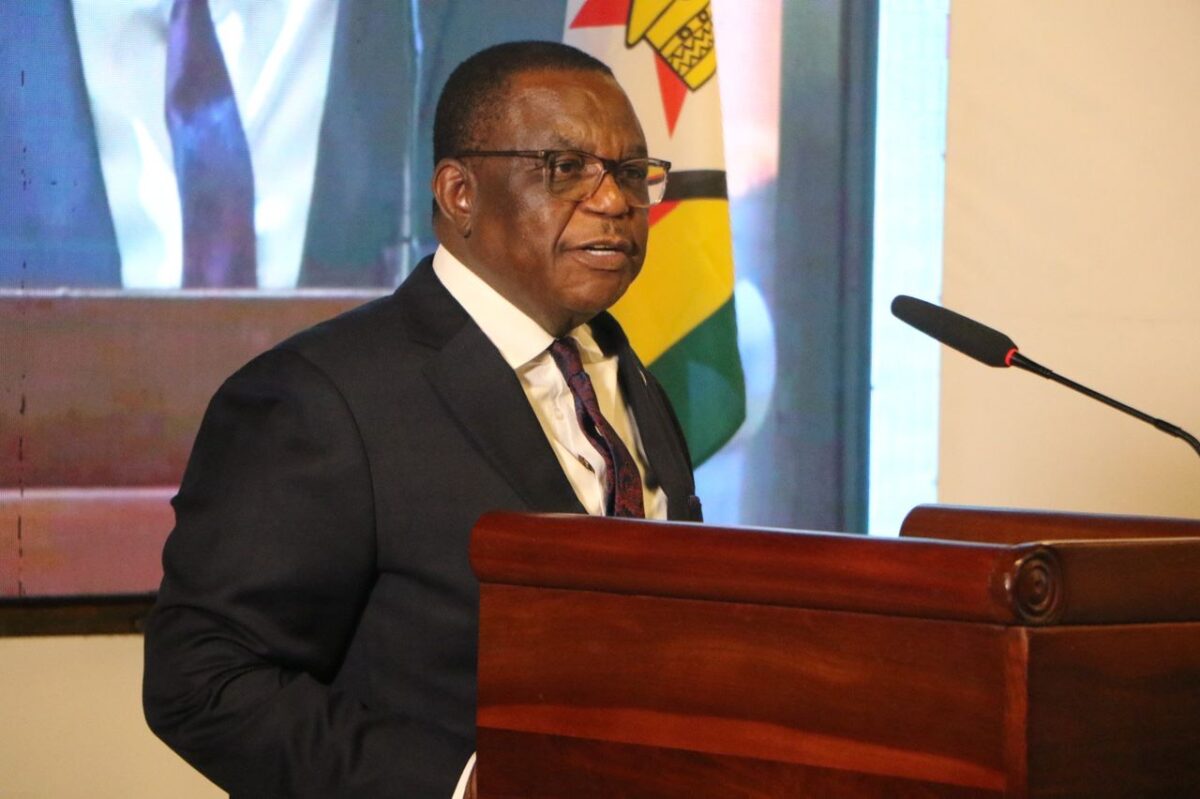

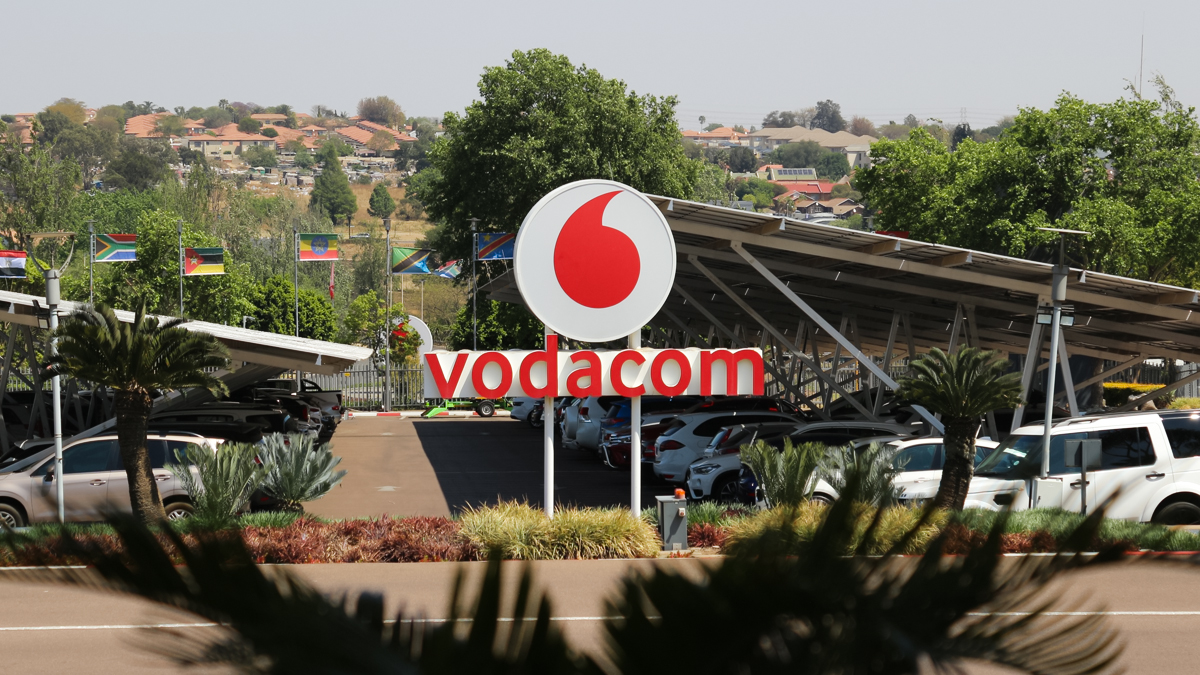
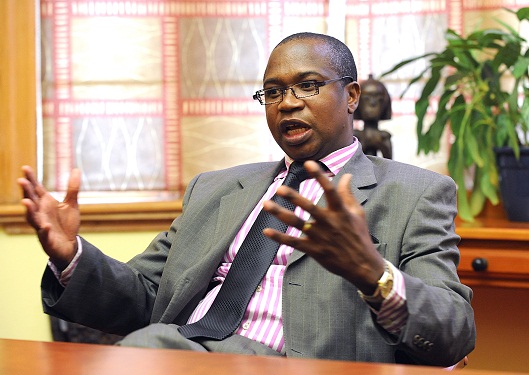

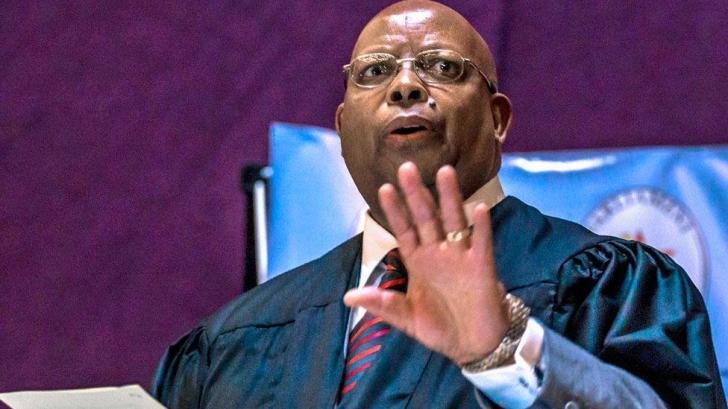
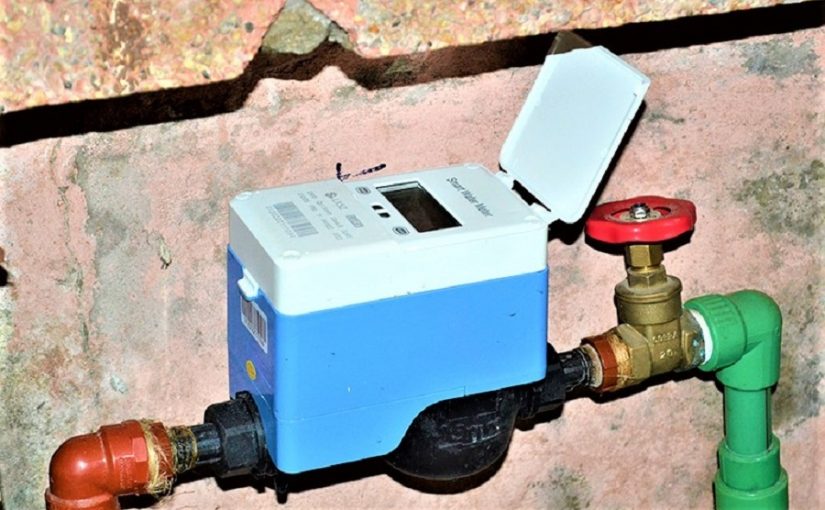


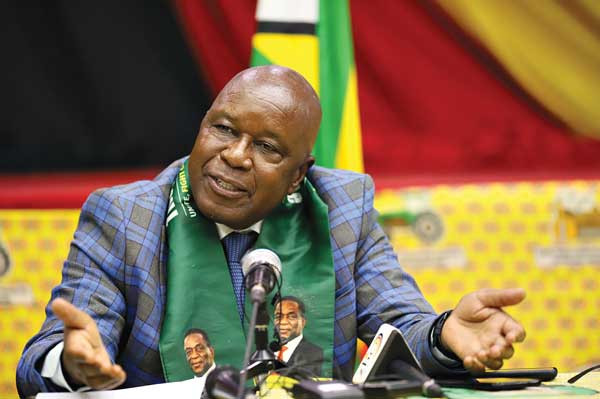

 Young Investment Professional (YIP) Graduate Programme 2019
Young Investment Professional (YIP) Graduate Programme 2019
Editor's Pick